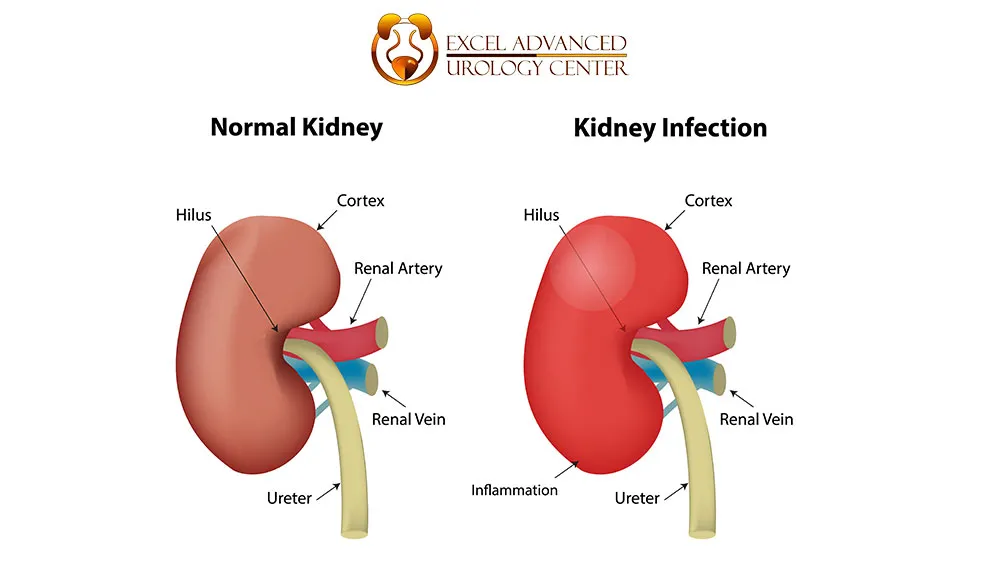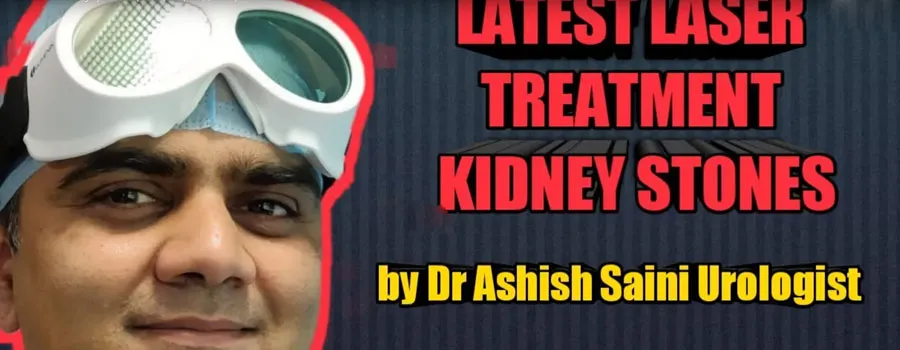What is PCNL?

PCNL stands for Percutaneous Nephrolithotomy. It is a minimally invasive surgical procedure used to remove kidney stones that are too large to pass through the urinary tract or are causing other complications. The procedure involves making a small incision in the patient's back to access the kidney, and then a nephroscope (a tube with a camera) is inserted to locate and remove the stones.
This procedure is often considered when other non-invasive methods, such as shock wave lithotripsy or ureteroscopy, are not suitable for treating kidney stones. PCNL is generally effective in treating large and complex kidney stones, and it can help patients avoid more invasive open surgery.








